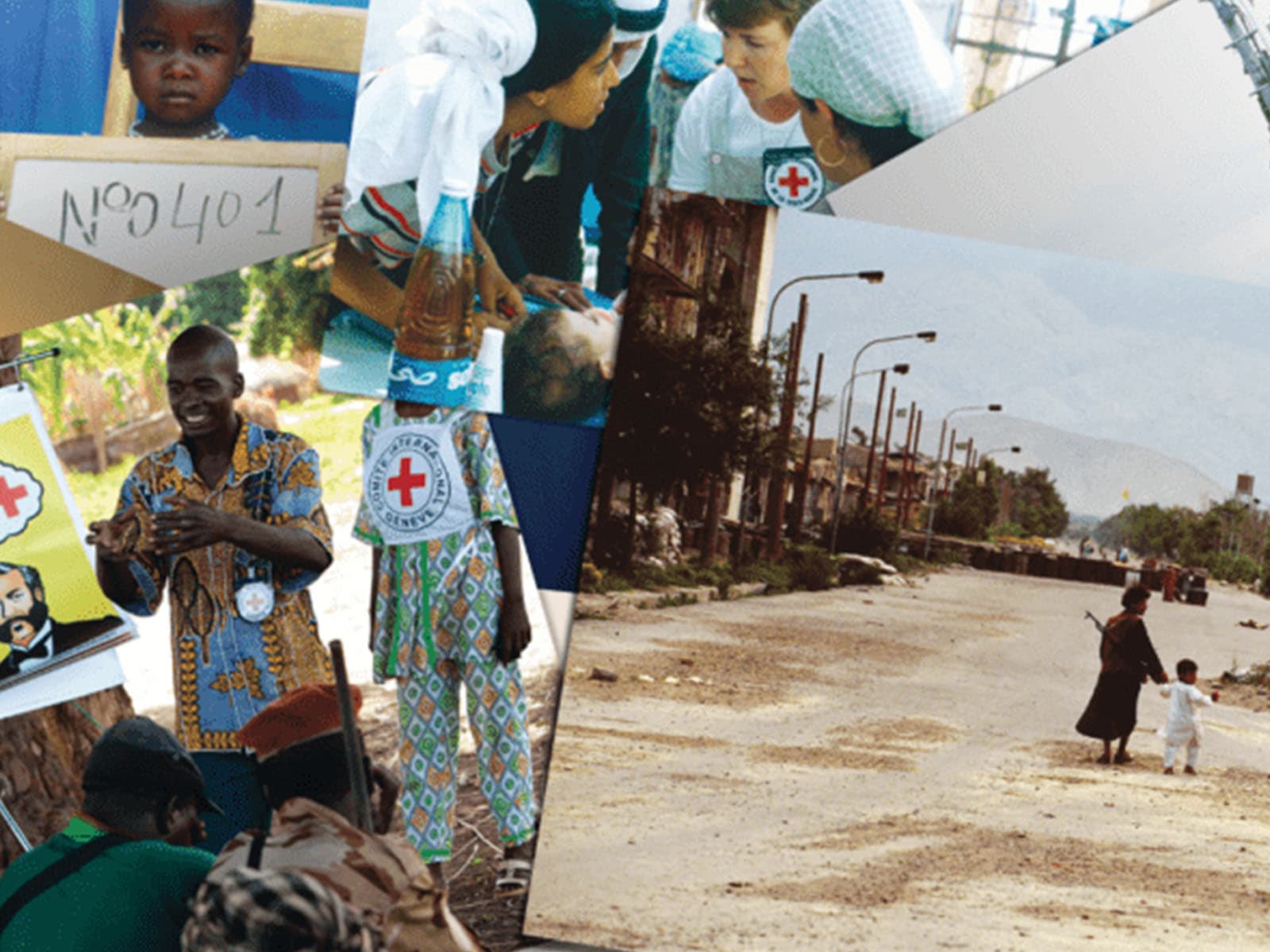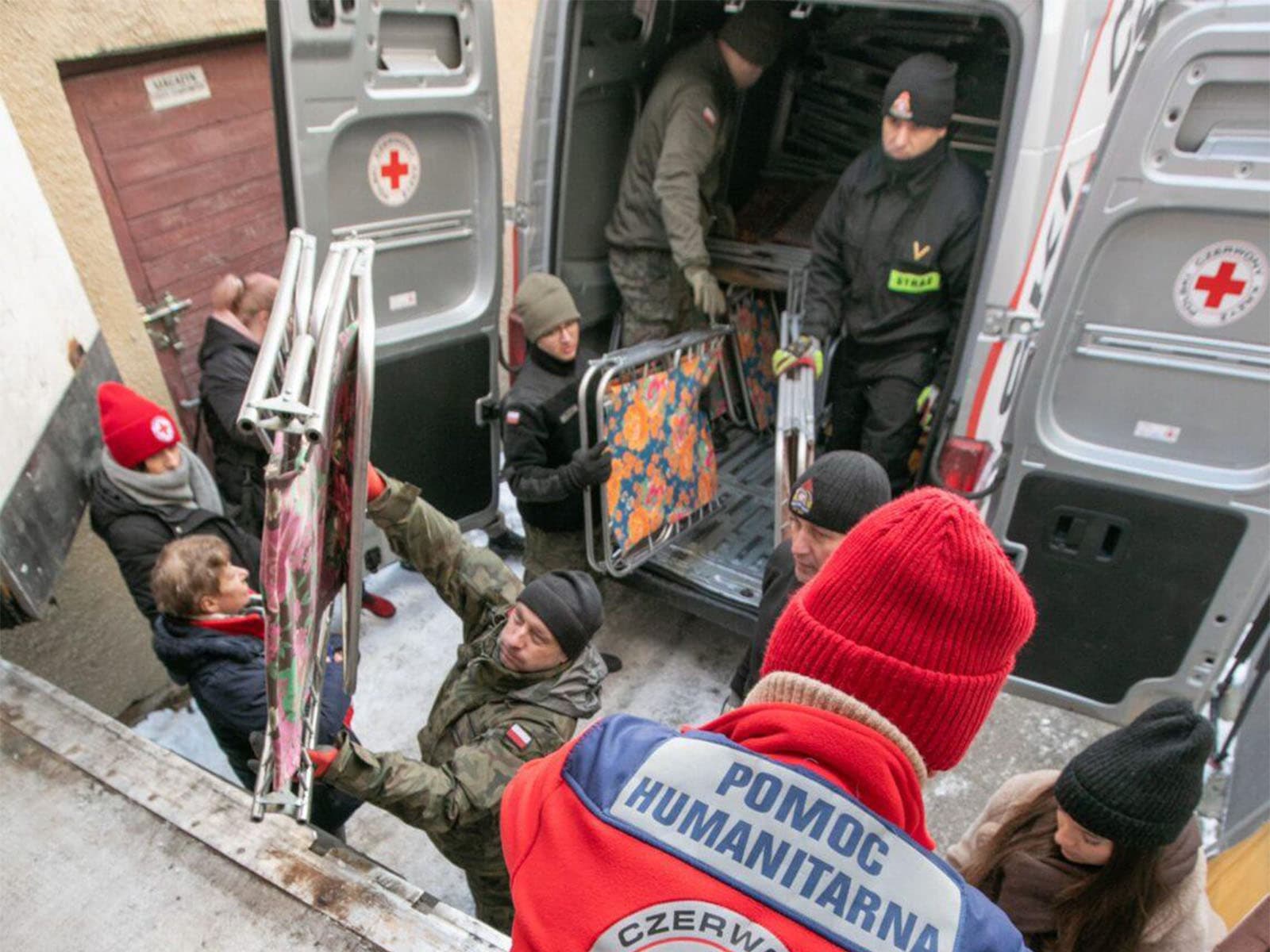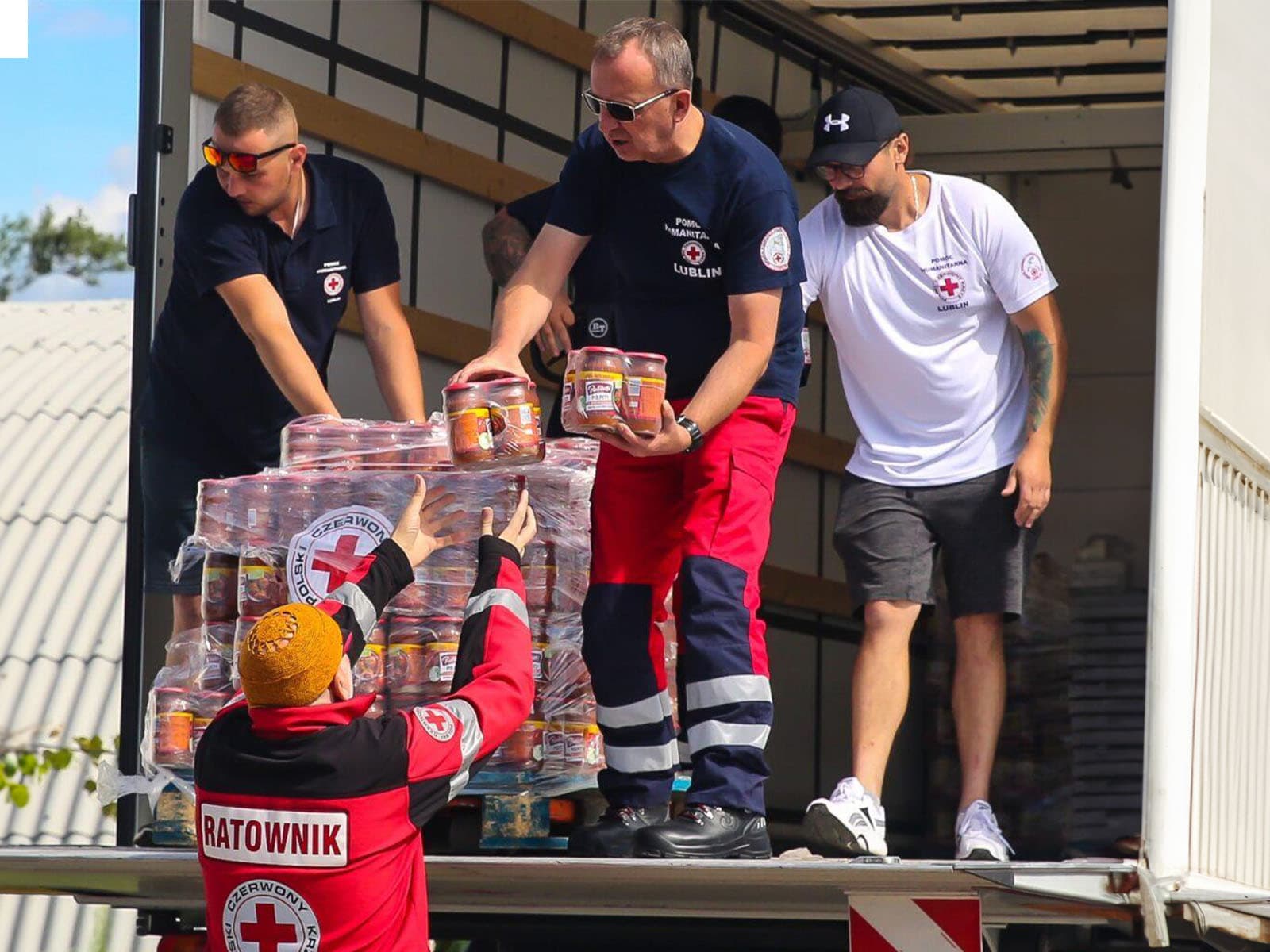PCK unites families separated due to armed conflicts
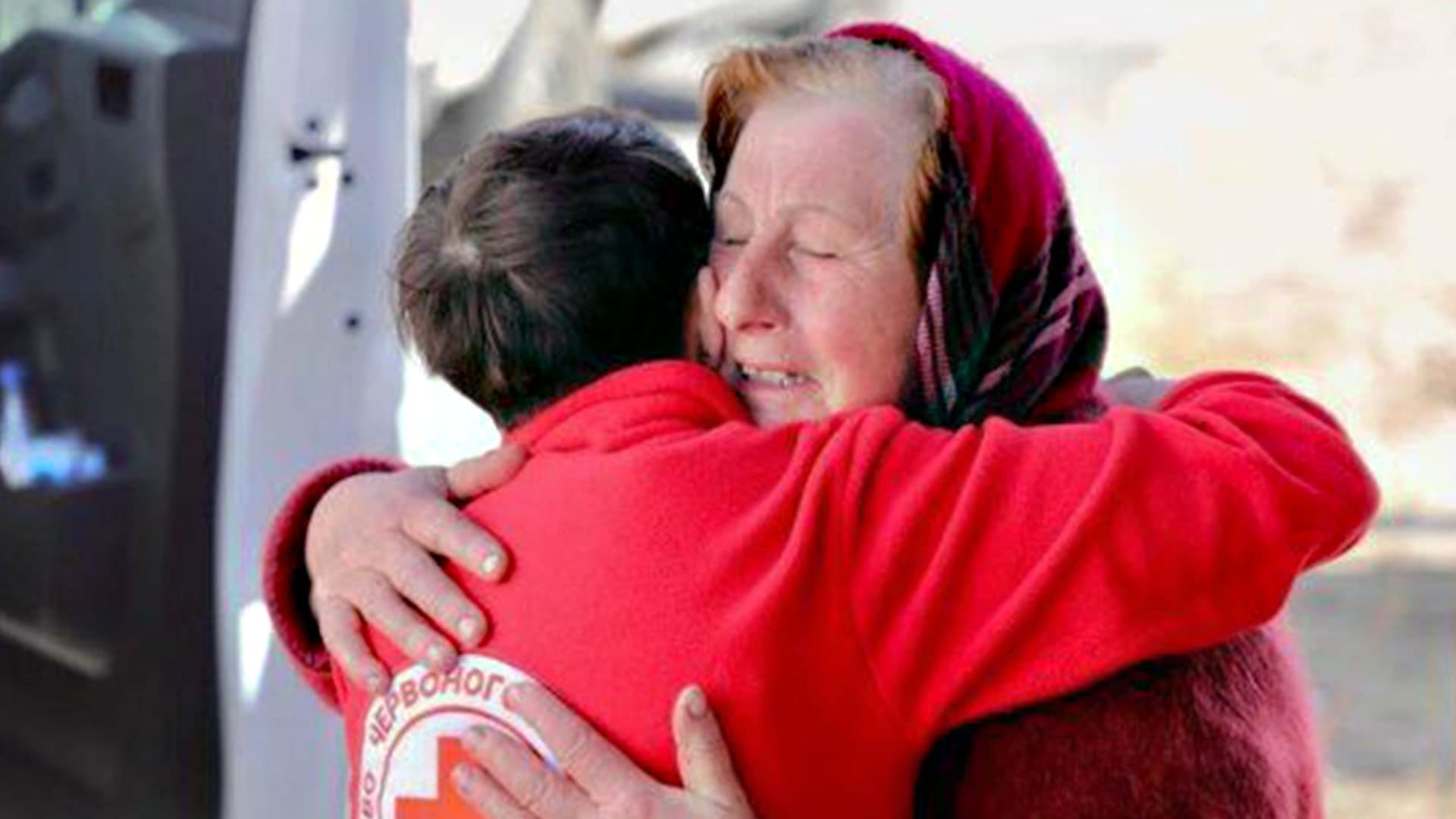
date
30 August 2023
category
Every year, hundreds of people around the world lose contact with their loved ones as a result of armed conflicts. There can be many reasons: lack or confiscation of phones, imprisonment, or even death. The Polish Red Cross reconnects the missing with their families.
August 30 we celebrate International Day of the Disappeared, during which we draw attention to the fate of those secretly detained and missing, e.g., during armed conflicts.
In Poland, the National Bureau for Information and Tracing of the Polish Red Cross deals with finding the missing as a result of armed conflicts. Since 1919, the Bureau has handled around a thousand tracing cases annually. The Bureau staff provide families with information about the fate of soldiers who are sick, injured, missing, or who died during wars. Many of these cases end successfully – they manage to find a missing family member or the location of their burial. However, this is not always the case. Families who do not know what happened to their loved one suffer and face enormous uncertainty, often for many years.
The National Bureau for Information and Tracing of the Polish Red Cross played an extremely important role during World War II and shortly after its conclusion, providing various forms of assistance to soldiers, civilians, and their relatives. From 1944 to the present, the Bureau has received about 4.5 million individual cases related to World War II and issued over 300,000 certificates confirming the war fates.
Since the outbreak of the armed conflict in Ukraine, the Bureau has accepted over 5,000 requests for assistance
from refugees from Ukraine. Over 400 of these requests concerned the search for missing family members. Searches involve war prisoners held captive, with whom the family has no contact, as well as civilians who were arrested or went missing under unexplained circumstances, and the search for the bodies of persons known to the family to have died or been killed due to the war.
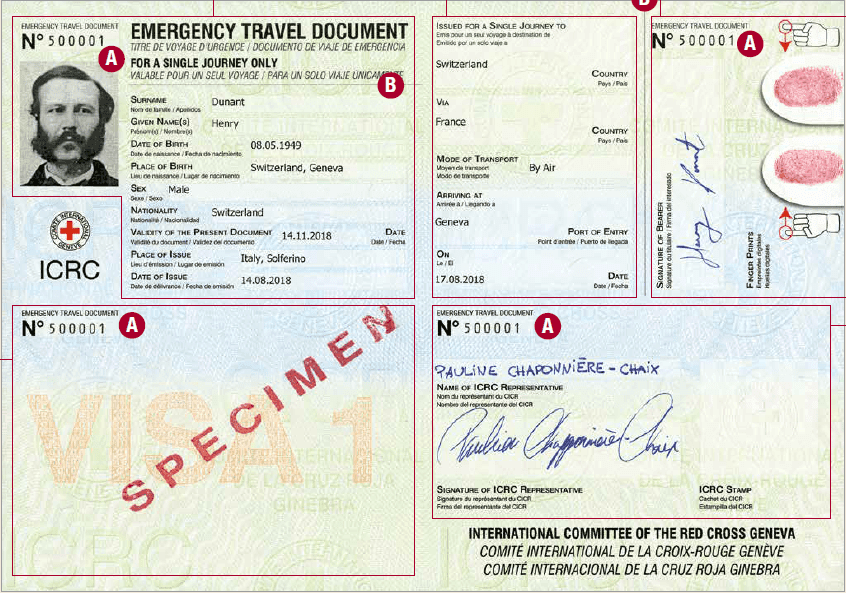
We accompanied an elderly lady on a journey through Poland, who lost her home in eastern Ukraine as a result of bombing. Our ward was traveling to her granddaughter on the basis of a temporary travel document issued by the ICRC (International Committee of the Red Cross). This document is issued for humanitarian reasons when a person does not have a valid travel document and cannot obtain one, thus preventing them from returning to their country of residence or to a country offering shelter. This document is valid only for one-way travel. – says Małgorzata Kruszewska from the National Bureau for Information and Tracing of the Polish Red Cross.
In recent months, the Bureau staff connected several Ukrainian families and accompanied them on their journey to their loved ones.
It is a very moving moment. We are glad to be able to help and convey good news to the family – adds Małgorzata Kruszewska.
In July 2023, the Polish Red Cross received the first salam in history. Salam is a brief verbal message of a family nature that a person conveys to an employee, member, or volunteer of the Red Cross to send to their family, with whom they have no contact. Salams are most often used in natural disaster situations when a person is in a location currently lacking communication and wants to inform their family that everything is fine.
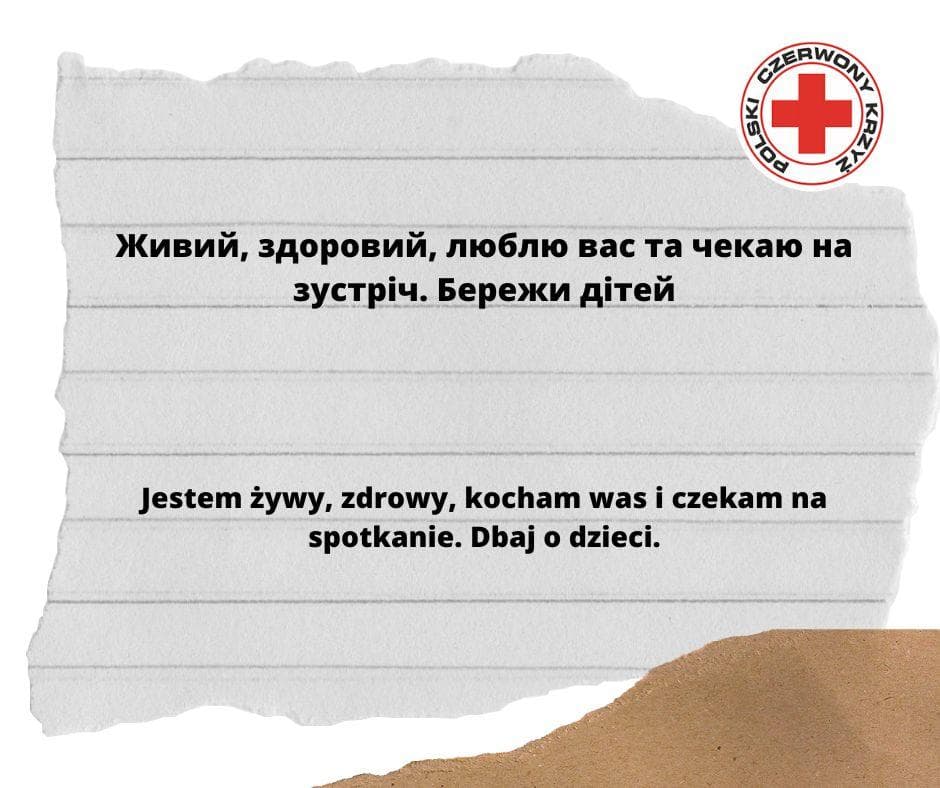
This is a message conveyed to the Polish Red Cross by an ICRC staff member visiting a prisoner of war camp for Ukrainian soldiers. One of the prisoners asked to send a message to his wife, who is currently in Poland with their children. Our task, as the Bureau, is to locate this prisoner’s family and convey this anticipated message – tells Małgorzata Kruszewska
The National Bureau for Information and Tracing of the Polish Red Cross can boast thousands of cases that ended successfully. Recently, Mr. Joseph Kaczorowski visited the Bureau, who in 2011 requested assistance from the Polish Red Cross in searching for his father, a Polish soldier fighting against Nazism, a war hero, and a prisoner of the Dachau camp.
After several years of archival queries, searches conducted in offices, and establishing contacts between institutions – it was possible to find Mr. Joseph’s father's data. Over time, they also located his grave in Poland, where his son lays flowers now. The information about finding his father reached the son on his 70th birthday.
People who have lost contact with their loved ones due to armed conflict or natural disaster can contact the National Bureau for Information and Tracing of the Polish Red Cross by sending a message to the address tracing.service@pck.pl.
Return
See also
You are currently viewing a page filtered by content from the department. Cała PolskaIf you want to view content from Cała Polskaclick the button
